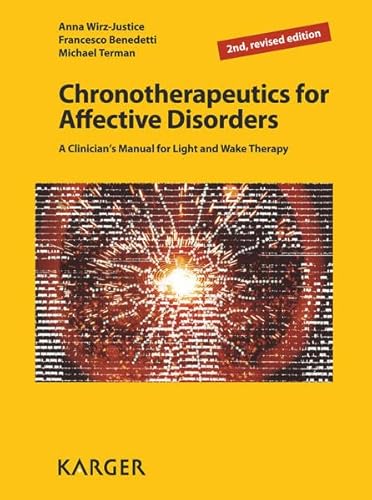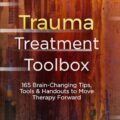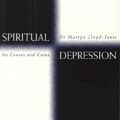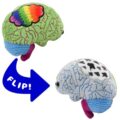Seasonal affective disorder (sad) affects many people during the colder months. Finding the right medication can greatly improve your mood and daily life.
Also Read
Sad is a type of depression that occurs at specific times of the year, usually in winter. Symptoms include fatigue, sadness, and lack of motivation. Fortunately, various medications can help manage these symptoms. Antidepressants like ssris are commonly prescribed. Light therapy and vitamin d supplements are also effective.
Each treatment option has its benefits and drawbacks. It’s important to consult a healthcare provider to determine the best plan for you. Understanding your options can lead to better management of sad. This blog post will explore the best medications available for treating seasonal affective disorder.
Buying Guide On Best Medications For Seasonal Affective Disorder
best medications for seasonal affective disorder
dealing with seasonal affective disorder (sad) can be tough. Effective medications can help.
1. Antidepressants
antidepressants are often prescribed for sad. They balance brain chemicals.
- ssris: selective serotonin reuptake inhibitors are common. Examples include fluoxetine and sertraline.
- snris: serotonin and norepinephrine reuptake inhibitors. Venlafaxine is one example.
2. Bupropion
bupropion is another option. It is effective and well-tolerated.
- unique: works differently from other antidepressants.
- usage: often taken in the morning.
3. Light therapy
light therapy can complement medication. It mimics natural sunlight.
- devices: use light boxes or lamps.
- timing: best used in the morning.
4. Vitamin d supplements
vitamin d may help. Many people with sad have low levels.
- sources: available as pills or drops.
- benefits: supports overall mood and health.
5. Omega-3 fatty acids
omega-3 supplements can also be beneficial. They support brain health.
- sources: fish oil or flaxseed oil.
- usage: take daily with meals.
6. Psychotherapy
therapy helps in many cases. Cognitive behavioral therapy (cbt) is common.
- approach: focuses on changing negative thoughts.
- sessions: regular meetings with a therapist.
7. Herbal supplements
herbal supplements can be useful. St. John’s wort is a popular choice.
- availability: found in capsules or teas.
- consultation: always talk to a doctor first.
Conclusion
Finding the best medications for seasonal affective disorder can make a big difference. It helps improve your mood and daily life. Talk to your doctor to know which medication suits you best. Different treatments work for different people. Some might need antidepressants, while others benefit from light therapy.
It’s essential to follow your treatment plan closely. Remember, medication is just one part of the solution. Combining it with therapy, exercise, and a healthy diet can be more effective. Always seek advice from a healthcare provider before starting any new treatment.
Stay informed and proactive about your health. With the right approach, you can manage seasonal affective disorder effectively. Don’t let it control your life. Take steps to feel better and enjoy the seasons.



















